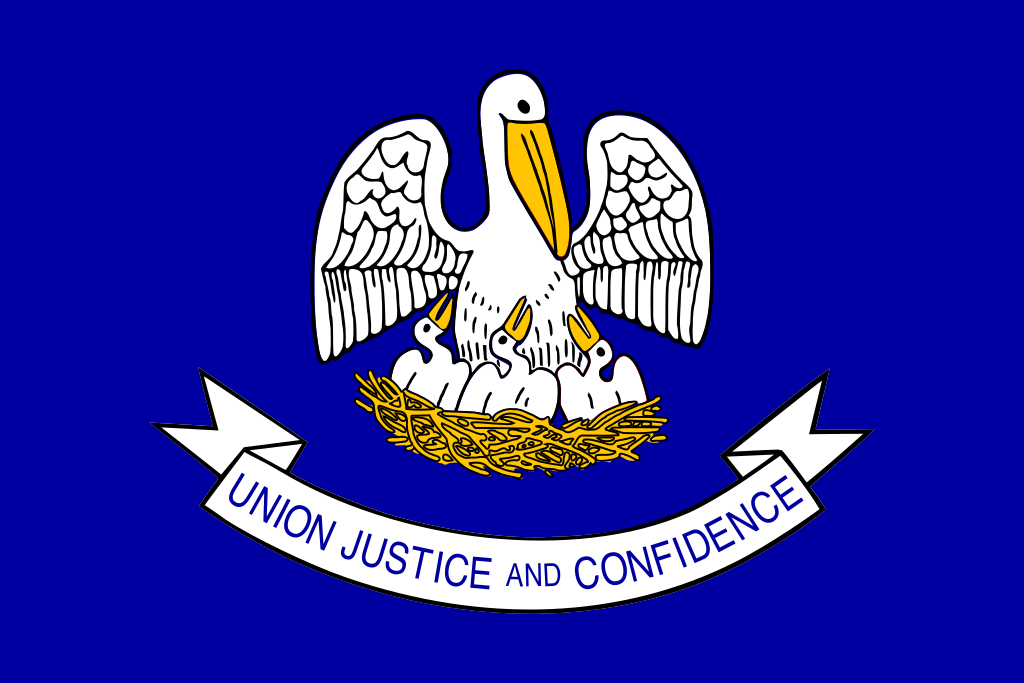Louisiana held special state-level primary elections on March 20. A general election is scheduled for April 24. Louisiana elections use the majority-vote system. All candidates compete in the same primary, and a candidate can win the election outright by receiving more than 50% of the vote. If no candidate wins outright, the top two vote recipients from the primary advance to the general election, regardless of their partisan affiliation.
On the ballot at the state level were special elections for Louisiana Board of Elementary and Secondary Education (BESE) District 4, Louisiana Circuit Courts of Appeal District 1, and Louisiana House of Representatives District 82. Ballotpedia also covered special elections in Louisiana's 2nd and 5th Congressional Districts. Louisiana's 5th Congressional District was the only race decided outright in the primary; the rest advanced to the April general election.
The BESE special election was called after Tony Davis (R) left office in January. He served from 2016 to 2021. Five candidates were on the ballot, including one Democrat, two Republicans, and two independents. Cassie Williams (D) and Michael Melerine (R) advanced to the general election. Williams received 29.3% of the vote, and Melerine received 28.2% of the vote.
Louisiana Circuit Courts of Appeal District 1 became vacant in October when Judge Felicia Toney Williams (D) retired. Williams served on the court from 1993 to 2020. Three candidates competed to replace her, all Democrats. Marcus Hunter (D) received 43.7% of the vote. He faces J. Garland Smith (D), who received 31.9% of the vote, in the general election.
The Louisiana House of Representatives District 82 seat became vacant in January when Charles Henry (R) resigned. Henry served from 2020 to 2021. Three candidates competed to replace him—one Democrat and two Republicans. Edwin Connick (R) faces Laurie Schlegel (R) in the general. Connick received 39.7% of the vote and Schlegel received 35.7% of the vote.
Louisiana has a divided government, and no political party holds a state government trifecta. A trifecta exists when one political party simultaneously holds the governor’s office and majorities in both state legislative chambers. The governor is a member of the Democratic Party and both chambers in the Louisiana State Legislature have Republican majorities.
Additional reading:



